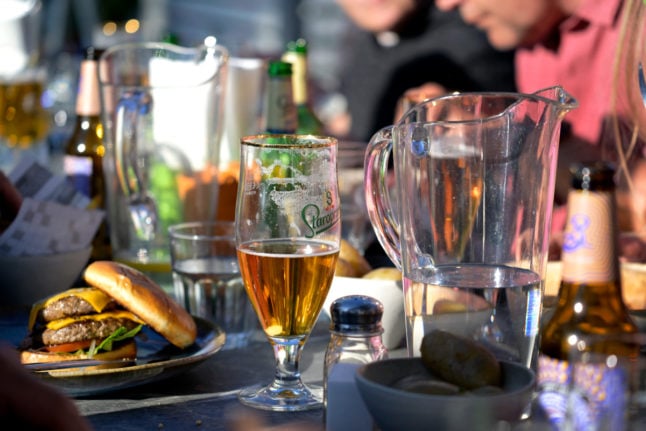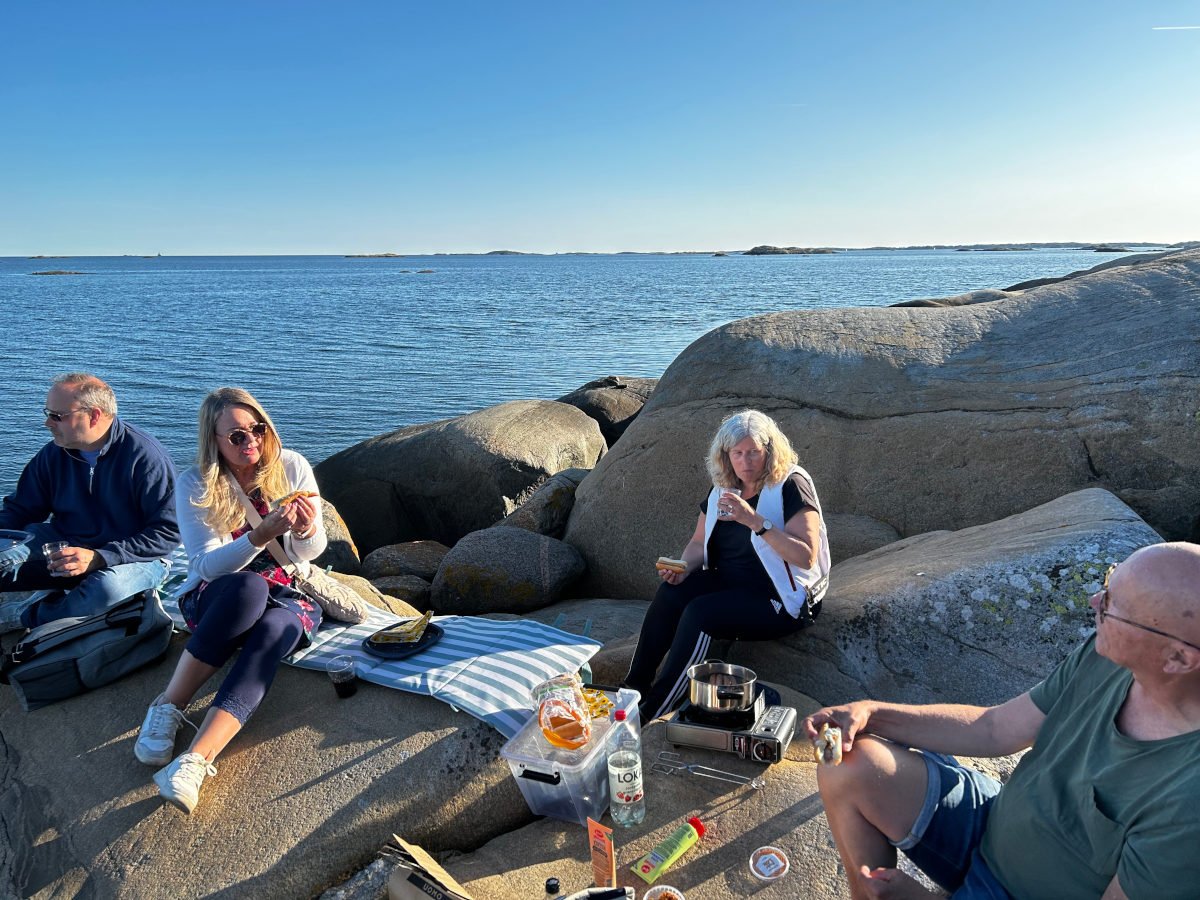In some countries not tipping is practically an act of war, while in others leaving cash can almost cause offence, so it’s a social minefield knowing whether to tip or not, and how much is acceptable.
It doesn’t help that there’s no clear consensus among Swedes themselves. It definitely isn’t as common as in many other countries, but a lot of people still feel that leaving a tip is a nice gesture. Others feel that a heartfelt tack så mycket (“thank you very much”) is worth as much as leaving behind a few extra kronor.
One thing to be aware of is that several Swedish trade unions are actually against tips – they say that this erodes their collective bargaining power and that it’s better for service staff to have higher wages and good working conditions than to rely on the generosity of customers which may fluctuate.
Sweden’s tourism board says it is “unlikely anyone will be offended” if you don’t tip, but says ten percent of the total bill is a “nice tip”. Alternatively, a common practice which the tourism board also mentions is to round it up to an even sum, for example by paying 400 kronor if the bill is 380 kronor.
It’s got harder to tip as fewer and fewer people carry cash in Sweden. It also isn’t uncommon for some restaurants to not even have a cash register any more and to only accept card payments.
An increasing trend in bars and restaurants is to hand the card machine over to the customer, asking them to enter the total amount they want to pay which allows them to add a tip if they would like.
In these situations, you’ll write in the amount yourself, so if the bill says 1,000 kronor but you wish to add a 10 percent tip, you simply enter 1,100 kronor. It’s entirely up to you whether you pay the amount stated on the bill or add a tip – regardless of your decision, no one is likely to make a fuss.
Some card readers or counter screens will also offer an opportunity to tip by percentage.
Tipping is generally more common in restaurants (and the posher they are, the more common it is), than it is in fast food places, cafés or bars, where staff will probably be more surprised if you tip than if you don’t.
It’s also more common to tip if you’ve had dinner at a restaurant in the evening than if you’ve had the daily lunch special at an often fixed rate.
EDITOR’S PICK:
Tipping is also rare in Swedish non-restaurant industries where leaving a gratuity would be normal in a lot of other countries. These include tipping a hairdresser, taxi driver or porter. Porters are in any case not very common in Swedish hotels, with guests generally expected to carry their own bags.
Sweden’s tourism board advises that “tipping for special services provided by hotel staff is fine, but is not expected and is simply a matter of personal taste”. It adds that taxi drivers “can be given a few extra kronor” and that “doormen at hotels and restaurants are tipped modestly”.
Whatever you do, Swedes are not exactly known for being confrontational, so even if you fail to leave a tip when it was expected, chances are you’ll never find out you made a faux pas.
Finally, it may be useful to know that the Swedish word for tip is dricks, a shortening of drickspengar (“drink money”), although you never hear this longer form. You can also use it as a verb: dricksa (“to tip”).
It’s related to the word dryck (“drink”: noun) and dricka (“to drink”: verb) and according to the late Swedish etiquette expert Magdalena Ribbing, it has its origin in the custom of giving a small amount of money to a service worker so they can buy a drink for themselves.
Do you have a question about Sweden you would like us to answer? Email [email protected].





 Please whitelist us to continue reading.
Please whitelist us to continue reading.
Member comments